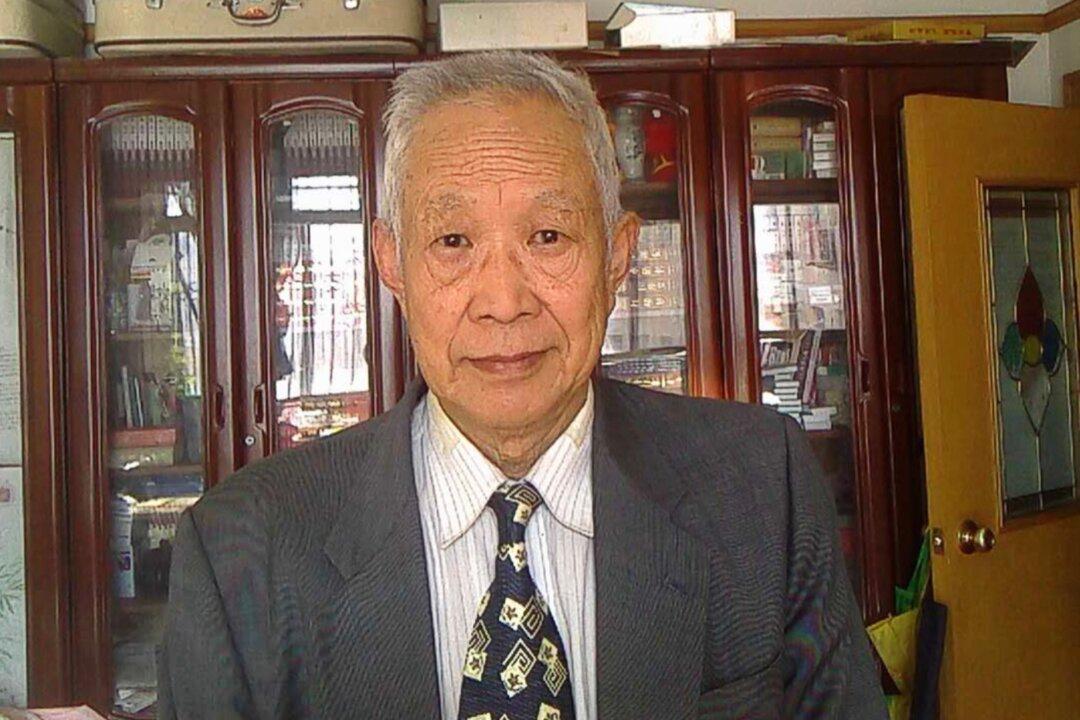Nothing can help the Chinese communist regime as it battles with crises on multiple fronts, according to a Chinese scholar who earlier this year called on Chinese leader Xi Jinping to step down.
Leng Jiefu, a retired professor and former director of the politics faculty of Renmin University, a prestigious Chinese university, in April wrote a letter to Wang Yang, Chairman of the Chinese People’s Political Consultative Conference, a political advisory body, in which he suggested that Xi should resign in response to growing calls from the international community that the regime be held accountable for its role in causing the global spread of the CCP Virus.





